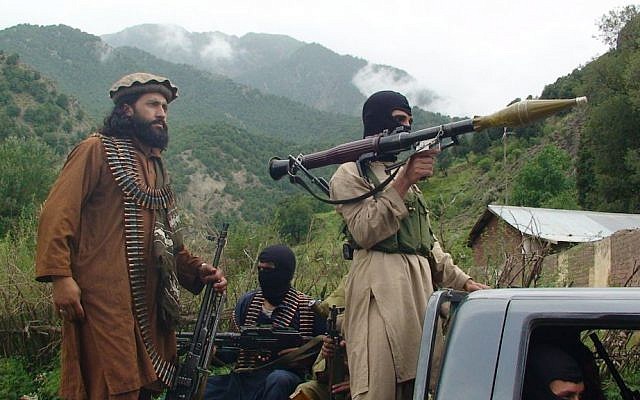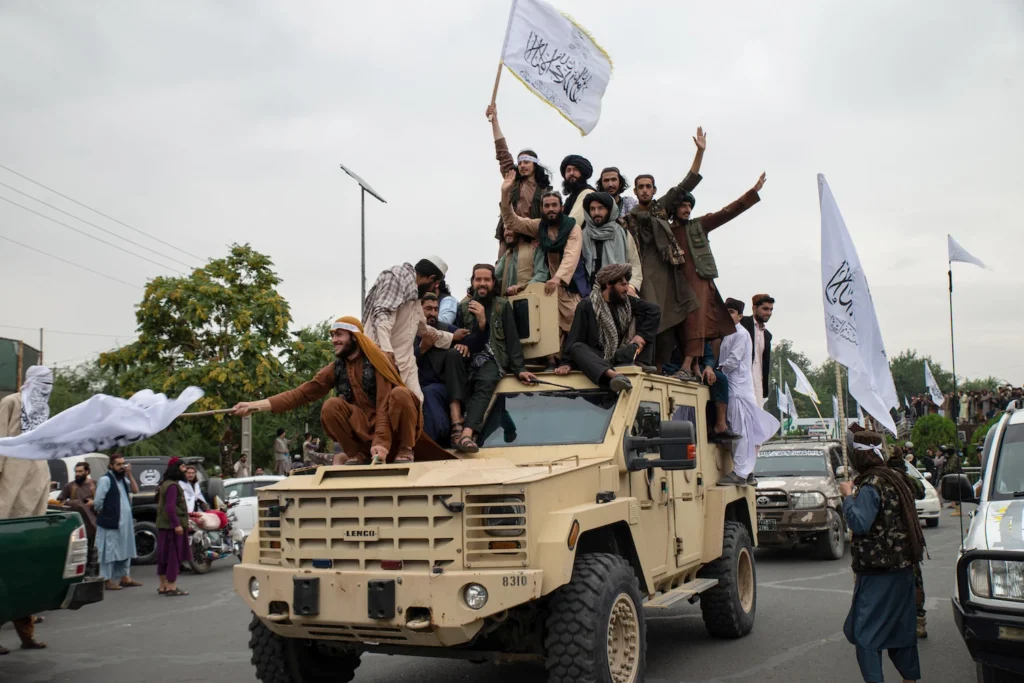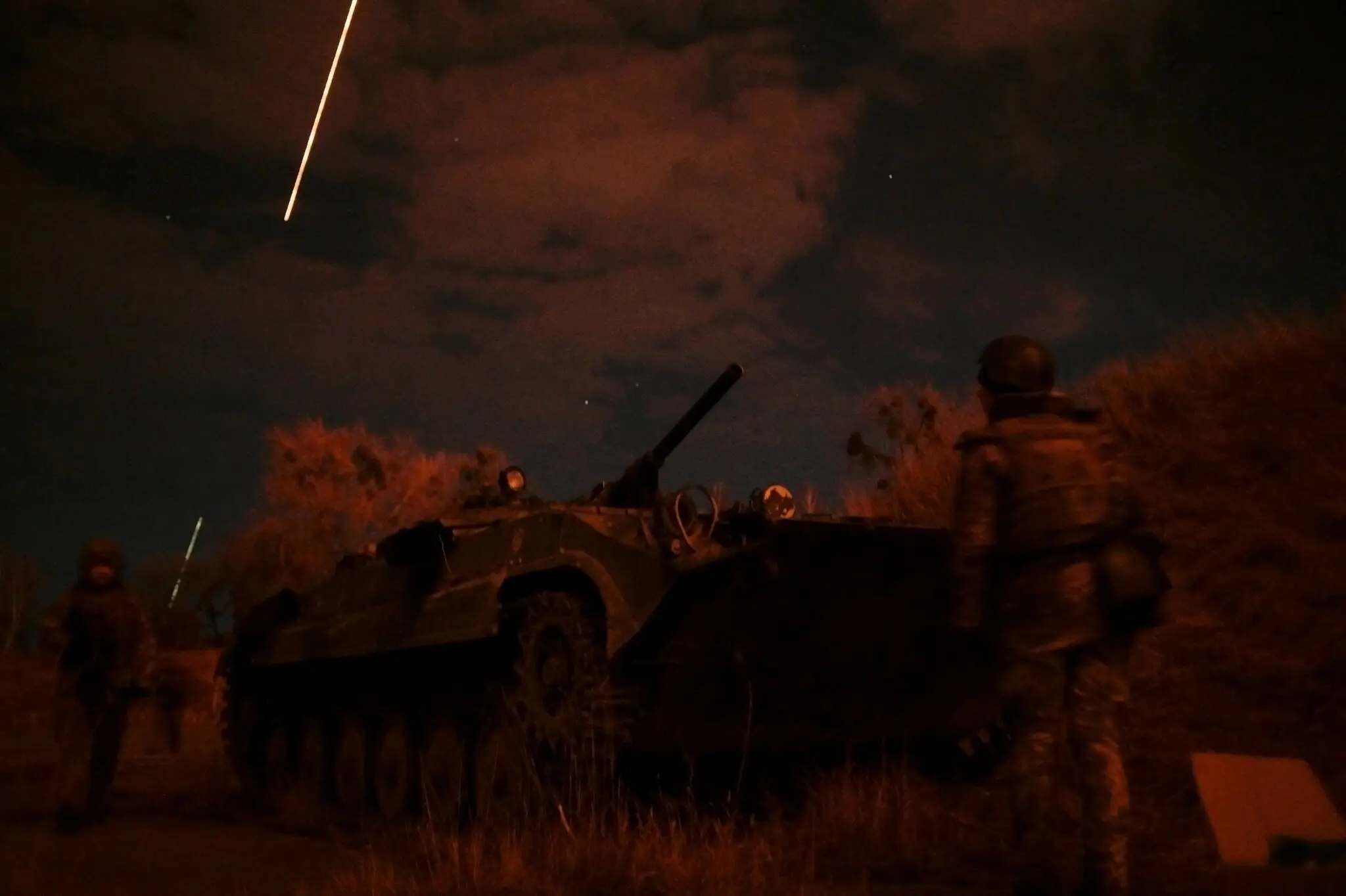By Katya Mavrelli,
One year after the re-emergence of the Taliban and their “takeover” of Afghanistan, it has become evident that the US is no longer investing in a policy for the Middle East. There is no organized and targeted plan which includes policy steps to address the instability and political uncertainty in the region, which means that this lawless environment is ripe for takeover by different entities. As the Americans and the Europeans are invested politically, militarily, and financially in the developments in Ukraine and the ongoing war with Russia, the Middle East, and North Africa (MENA) region are left to their own devices. How can Africa deal with its own internal challenges and what are some elements to look out for?
Africa is a rising star: it is one of the regions with the fastest growing startups and initiatives and it is at the center of business developments. The potential has not gone unnoticed, and many countries are investing and trying to make the best out of the wealthy region. A clear example is Turkey, which has adopted a policy of closeness to the continent for the past decade almost and has become an investor, a business partner, a policy influencer, and a security adviser. However, there are two more players to look out for, that have to do with the region’s developments: al-Qaeda, the forgotten but still leading and prevalent actor, and the Islamic State, both of which are digging their feet in the continent asking for greater involvement and slowly invading the thin layers of political stability and certainty.

The killing of Ayman al-Zawahiri, al-Qaeda’s leader, and Osama bin Laden’s successor, by two Hellfire missiles on the 31st of July proved the ongoing importance of the organization and the fact that it is still on the top of the US foreign policy priority list. As he was staying in a hiding place owned by the Haqqani network, which has ties with networks of Pakistani intelligence, he could not have imagined that he would be targeted and eliminated by American intelligence networks. The leader of the Haqqani network is the deputy head of the Taliban and the interior minister of Afghanistan. During his stay in that safe house, al-Zawahiri released a series of videos on topics such as the Syrian civil war, protests in India, and other regional matters.
Al-Qaeda, thought to have quieted down and disappeared, is showing signs of revival and re-emergence. It advises the Taliban government and has up to 400 members in the branch in the Indian Continent. Even though there is no evidence of a planned attack, it is still a rising challenge to the current international security environment. Of course, this will be determined by the extent of uncertainty that the Taliban feel towards al-Qaeda, and whether they will try to control it or whether they will be content with co-existing next to it. However, the difference with the al-Qaeda of the past is that the organization has grown, its activities now extend to more than one region and its points of interest are broader.

East Africa is one of the locations of interest for al-Qaeda given the existence of al-Shabab, the organization that controls large parts of Somalia. Al-Shabab has grown stronger and more decisive over the last years and is considered to be one of the deadliest affiliate organizations to al-Qaeda in existence and operation in our time and age. Apart from the Somali organization, the Islamic State is also rising and spreading from its enclosed space in Iraq and Syria. Its involvement in different conflicts in the region, such as the Syrian civil war, and its ongoing operations of recruitment of jihadists in Africa and Afghanistan show how much it keeps growing and increasing in scope. For example, in Nigeria, the Islamic State West Africa Province has replaced Boko Haram as the current and biggest jihadist organization and has conducted attacks in Mali, Burkina Faso, and Niger.
Both al-Qaeda and the Islamic State seem to be once more on the rise – or are being more active, and therefore are being noticed more often. Their work is becoming more evident and more coordinated, which makes them both elements to look out for. Even though their style of attack and their strategies have changed visibly, and they are no longer adopting the style they did in the early 2000s and 2010s, when they were still trying to figure out their internal structures, goals, and targets, they have once more become a reason for concern for Middle East policy analysts and specialists.
Reference
- Al Qaeda and Islamic State are on the rise in Africa, thewashingtonpost.com, Available here




